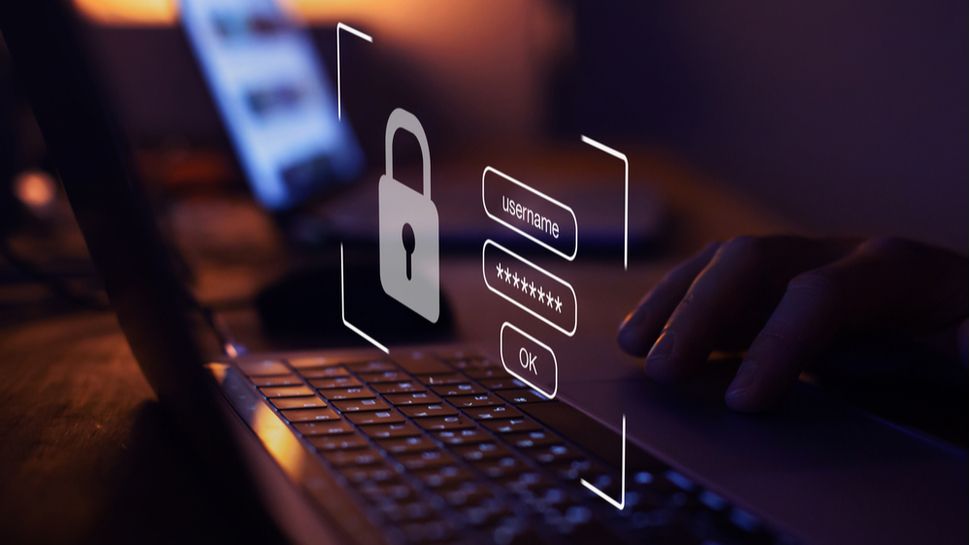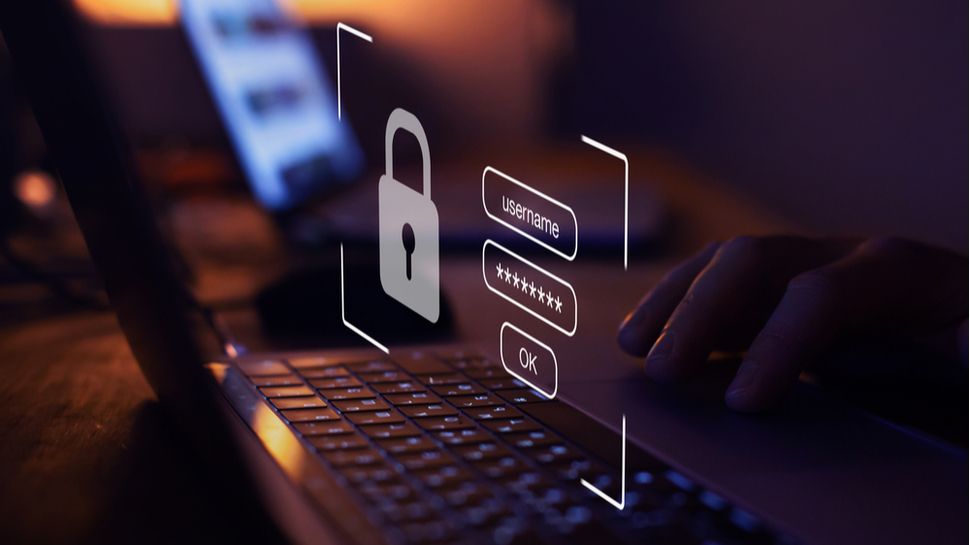
Boris Johnson announced the government’s roadmap to lift coronavirus restrictions for both businesses and the general public earlier in February, and since then, this has provided a glimmer of hope for many across the country.
However, since the start of the pandemic, the way business is conducted has changed permanently, with many workforces wanting to continue to work remotely as lockdowns and restrictions ease over time. So, as companies relax and rules are eased, life is expected to return to a form of ‘new normal.’ But, the issues around cybersecurity are here to stay, and the gas pedal must not be eased – especially with the increased risks associated with continued remote working.
If anything, security should be more reinforced now than ever before to ensure all aspects of a business are secure. But this isn’t the case.
The risk grows
Despite lockdown restrictions easing, cybersecurity risks remain and are likely to grow as Covid-19 changes the working landscape. As indoor spaces begin to open in the next few months, employees will want to venture out to new spaces to work, such as coffee shops and internet cafes – but working on open networks and personal devices creates unlocked gateways for cyberattacks to take place. Since this hybrid and remote way of working looks like it’s here to stay, businesses must ensure they have the right infrastructure in place to combat any cyber threats.
For instance, research by the National Cyber Security Centre shows that there has been a rise in Covid-19-related cyberattacks over the past year, with more than one in four UK hacks being related to the pandemic. This trend is not likely to ease up any time soon either. And, going forward, hackers could take advantage of excited travellers waiting to book their next holiday once the travel ban is lifted, deploying fake travel websites, for example.
Aside from the bad actors in this wider scenario, part of the problem here is that many IT teams are not making use of a holistic and layered approach to security and data recovery; which can lead to damaging consequences as data is stolen from organisations. Such issues continue to resonate strongly across businesses of all sizes, who will, therefore, turn to their MSPs for a solution.
The importance of a layered approach
Cybersecurity is not a one-stop-shop. A full trilogy of solutions is required to ensure maximum effect. This includes a layered combination of DNS networking, secure endpoint connections, and an educated and empowered human workforce.
The need for DNS security cannot be ignored, especially with the rise of remote workforces, in order to monitor and manage internet access policies, as well as reduce malware. DNS is frequently targeted by
bad actors, and so DNS-layer protection is now increasingly regarded as an essential security control – providing an added layer of protection between a user and the internet by blocking malicious websites and filtering out unwanted material.
Similarly, endpoint protection solutions prevent file-based malware, detect and block malicious internal and external activity, and respond to security alerts in real-time.
However, these innovative tools and solutions cannot be implemented without educating users and embedding a cyber security-aware culture throughout the workforce. Humans are often the weakest link in cybersecurity, with 90% of data breaches occurring due to human error.
So, by offering the right training and resources, businesses can help their employees increase their cyber resilience and position themselves strongly on the front line of defence. This combination is crucial to ensure the right digital solutions are in place – as well as increasing workforces’ understanding of the critical role they play in keeping the organisation safe. In turn, these security needs provide various monetisation opportunities for the channel as more businesses require the right blend of technology and education to enable employees to be secure.
The channel’s role
Businesses, particularly SMBs, will look to MSPs to protect their businesses and help them achieve cyber resilience. This creates a unique and valuable opportunity for MSPs to guide customers through their cybersecurity journeys, providing them with the right tools and data protection solutions to get the most out of their employees’ home working environments in the most secure ways. Just as importantly, MSPs need to take responsibility for educating their own teams and clients. This includes delivering additional training modules around online safety through ongoing security awareness training, as well as endpoint protection and anything else that is required to enhance cyber resilience.
Moreover, cyber resilience solutions and packages can be custom-built and personalised to fit the needs of the customer, including endpoint protection, ongoing end-user training, threat intelligence, and backup and recovery. With the right tools in place to grow and automate various services – complemented by technical, organisational and personal support – channel partners will then have the keys to success to develop new revenue streams too.
Conclusion
Hackers are more innovative than ever before, and in order to combat increasing threats, businesses need to stay one step ahead. Companies must continue to account for the new realities of remote work and distracted workforces, and they must reinforce to employees that cyber resilience isn’t just the job of IT teams – it’s a responsibility that everyone shares. By taking a multi-layered approach to cybersecurity, businesses can develop a holistic view of their defence strategy, accounting for the multitude of vectors by which modern malware and threats are delivered. Within this evolving cybersecurity landscape, it’s essential for SMBs to find an MSP partner that offers a varied portfolio of security offerings and training, as well as the knowledge and support, to keep their business data, workforces and network secure.
